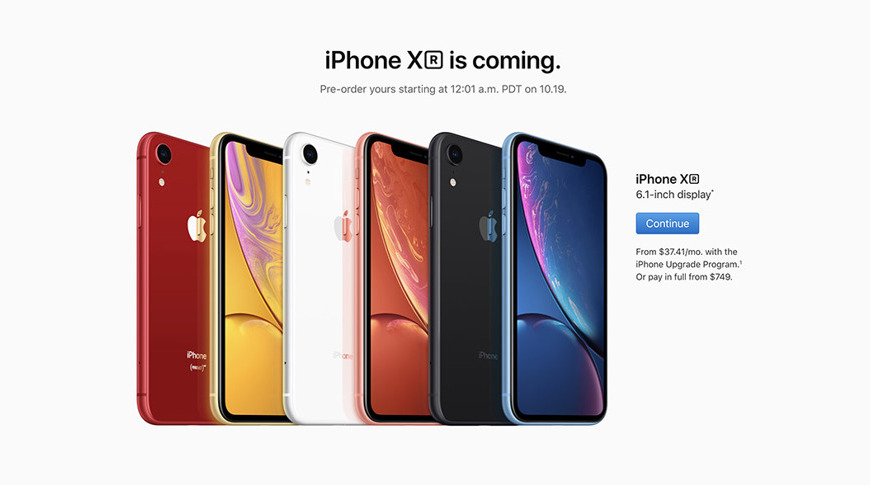Samsung has asked Apple to pay a penalty for not buying enough iPhone displays, hoping to recoup losses from missed manufacturing goals.
Samsung Display is the worlds largest OLED manufacturer, producing 40% of the OLED displays in the world. When Apple introduced the iPhone X, its first phone with an OLED display, they were forced to source the displays from Samsung. Despite the success of the iPhone X, Samsung Display claims that Apple has not met the minimum order requirements.
According to a report from Korean media outlet etnews, Samsung Display's earnings have plummeted from $4.9 billion in 2017, to $2.3 billion in 2018. To offset this, Samsung Display is seeking a penalty fee for unfilled contracts, which has produced 50% less business than expected.
The companies have met several times in hopes of resolving the problem, but have not currently found a clear solution. Legally, Apple would have to pay a fee if they violated their contract, but it is exceedingly rare for a company to be punished by a parts supplier.
Apple has been known to offer alternative solutions to supply problems. It's been reported that Apple plans to order OLED panels for additional Apple products, including iPads and Macs, according to an unnamed "indsutry official."
Apple also has an outstanding contract with LG, reportedly paying them $2.7 billion for future phones.
 Amber Neely
Amber Neely








 Marko Zivkovic
Marko Zivkovic
 Mike Wuerthele
Mike Wuerthele
 Christine McKee
Christine McKee

 Sponsored Content
Sponsored Content
 Wesley Hilliard
Wesley Hilliard

 William Gallagher
William Gallagher








26 Comments
I would have expected that considering Samsung invested in new plant specifically to serve Apple's needs and certainly would not have invested $B and more without contractual guarantees of future orders. I am a tad surprised that the situation has become public as I would presume neither company finds that helpful in sorting it out.
Asking for compensation is better than going straight to East Texas at least.
The fact is that Samsung invested big on OLED with Android hopes that did not materialize.
They predicted that all the cheap Androids would rush to adopt OLED. They believed that once Apple started to use OLED everyone else would have to copy them. That simply didn’t happen. Samsung wasted billions building production capacity that was never used.
Whether Apple met their contractual obligations or not, the big problem for Samsung is that they made a massive error in predicting the wider market.